Are you someone who loves snacking on salted peanuts but often find yourself dealing with the discomfort of acid reflux afterwards? If so, you’re not alone. Acid reflux, also known as heartburn, is a common digestive issue that affects many people. The good news is that with some mindful eating habits and lifestyle adjustments, you can continue to enjoy your favorite snack without experiencing the unpleasant symptoms of acid reflux. Acid reflux occurs when the lower esophageal sphincter (LES), a muscle at the bottom of the esophagus, doesn’t close properly, allowing stomach acid to flow back up into the esophagus. This can lead to symptoms like a burning sensation in the chest, regurgitation of food or sour liquid, and a bitter taste in the mouth.
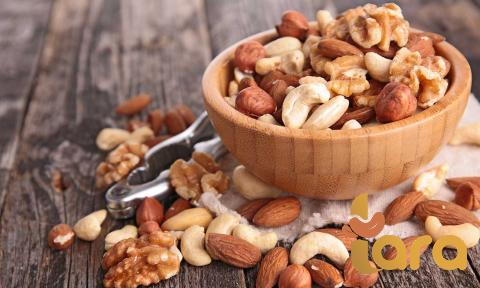
.
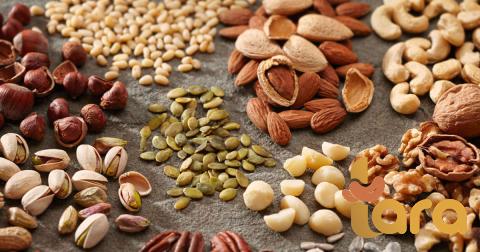 Certain foods and drinks, including those high in fat, spices, and caffeine, can trigger or worsen acid reflux symptoms. Salted peanuts, with their crunchy texture and savory flavor, can be a satisfying snack choice for many. However, due to their high fat content and potential for triggering acid reflux, it’s important to consume them in moderation and be mindful of how you eat them. Here are some tips to help you enjoy your salted peanuts without the discomfort of acid reflux: 1. Portion Control: When it comes to salted peanuts and acid reflux, moderation is key. Instead of mindlessly munching on a large bowl of peanuts, be mindful of your portion size. Limit yourself to a small handful of peanuts at a time to avoid overeating, which can put added pressure on the LES and increase the likelihood of acid reflux. 2. Chew Thoroughly: Properly chewing your food is important for digestion and can help reduce the risk of acid reflux. Take the time to chew each salted peanut thoroughly before swallowing to break down the food and make it easier for your stomach to process. 3. Eat Slowly: Eating too quickly can lead to swallowing air, which can contribute to bloating and indigestion, both of which can exacerbate acid reflux symptoms. Take your time with your salted peanuts, savoring each bite and allowing your body to properly digest the food. 4. Avoid Eating Before Bed: Consuming a heavy snack like salted peanuts right before bed can increase the likelihood of experiencing acid reflux symptoms, as lying down after eating can allow stomach acid to leak back into the esophagus more easily.
Certain foods and drinks, including those high in fat, spices, and caffeine, can trigger or worsen acid reflux symptoms. Salted peanuts, with their crunchy texture and savory flavor, can be a satisfying snack choice for many. However, due to their high fat content and potential for triggering acid reflux, it’s important to consume them in moderation and be mindful of how you eat them. Here are some tips to help you enjoy your salted peanuts without the discomfort of acid reflux: 1. Portion Control: When it comes to salted peanuts and acid reflux, moderation is key. Instead of mindlessly munching on a large bowl of peanuts, be mindful of your portion size. Limit yourself to a small handful of peanuts at a time to avoid overeating, which can put added pressure on the LES and increase the likelihood of acid reflux. 2. Chew Thoroughly: Properly chewing your food is important for digestion and can help reduce the risk of acid reflux. Take the time to chew each salted peanut thoroughly before swallowing to break down the food and make it easier for your stomach to process. 3. Eat Slowly: Eating too quickly can lead to swallowing air, which can contribute to bloating and indigestion, both of which can exacerbate acid reflux symptoms. Take your time with your salted peanuts, savoring each bite and allowing your body to properly digest the food. 4. Avoid Eating Before Bed: Consuming a heavy snack like salted peanuts right before bed can increase the likelihood of experiencing acid reflux symptoms, as lying down after eating can allow stomach acid to leak back into the esophagus more easily.
..
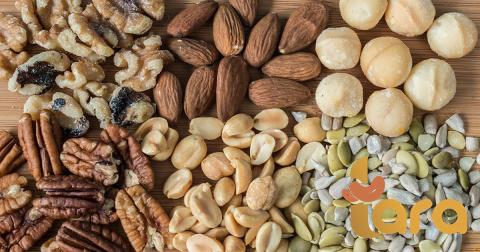 Try to avoid eating within two to three hours of bedtime to give your body enough time to digest your snack before lying down. 5. Stay Hydrated: Drinking an adequate amount of water throughout the day can help dilute stomach acid and reduce the risk of acid reflux. When enjoying salted peanuts, be sure to have a glass of water on hand to sip on between bites, which can also help wash down the peanuts and aid in digestion. 6. Manage Stress: Stress and anxiety can exacerbate digestive issues like acid reflux. Practice stress-reducing techniques such as deep breathing, meditation, or gentle exercise to help keep your stress levels in check and minimize the likelihood of experiencing acid reflux symptoms. 7. Listen to Your Body: Pay attention to how your body reacts to eating salted peanuts. If you notice that you consistently experience acid reflux after consuming them, it may be a sign that salted peanuts are a trigger food for you. In that case, you may need to consider reducing your intake or avoiding them altogether to help manage your acid reflux symptoms. Ultimately, enjoying salted peanuts while dealing with acid reflux is all about finding a balance that works for you. By being mindful of your portion sizes, chewing your food thoroughly, eating slowly, avoiding late-night snacking, staying hydrated, managing stress, and listening to your body, you can continue to indulge in your favorite snack without the discomfort of acid reflux. With these tips in mind, you can savor the salty crunch of salted peanuts without worrying about triggering unwanted symptoms. Whether you’re snacking on salted peanuts at home, at work, or on the go, incorporating these mindful eating habits can help you enjoy your favorite snack without the unpleasant effects of acid reflux.
Try to avoid eating within two to three hours of bedtime to give your body enough time to digest your snack before lying down. 5. Stay Hydrated: Drinking an adequate amount of water throughout the day can help dilute stomach acid and reduce the risk of acid reflux. When enjoying salted peanuts, be sure to have a glass of water on hand to sip on between bites, which can also help wash down the peanuts and aid in digestion. 6. Manage Stress: Stress and anxiety can exacerbate digestive issues like acid reflux. Practice stress-reducing techniques such as deep breathing, meditation, or gentle exercise to help keep your stress levels in check and minimize the likelihood of experiencing acid reflux symptoms. 7. Listen to Your Body: Pay attention to how your body reacts to eating salted peanuts. If you notice that you consistently experience acid reflux after consuming them, it may be a sign that salted peanuts are a trigger food for you. In that case, you may need to consider reducing your intake or avoiding them altogether to help manage your acid reflux symptoms. Ultimately, enjoying salted peanuts while dealing with acid reflux is all about finding a balance that works for you. By being mindful of your portion sizes, chewing your food thoroughly, eating slowly, avoiding late-night snacking, staying hydrated, managing stress, and listening to your body, you can continue to indulge in your favorite snack without the discomfort of acid reflux. With these tips in mind, you can savor the salty crunch of salted peanuts without worrying about triggering unwanted symptoms. Whether you’re snacking on salted peanuts at home, at work, or on the go, incorporating these mindful eating habits can help you enjoy your favorite snack without the unpleasant effects of acid reflux.
…
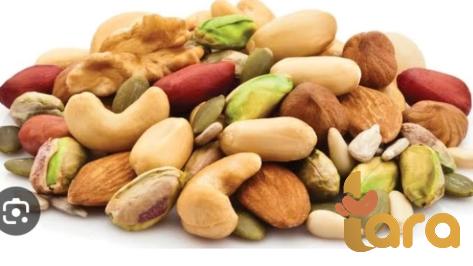 By making small adjustments to your eating routine and being more attuned to how your body responds, you can still indulge in the crunchy goodness of salted peanuts while supporting your digestive health. It’s also important to remember that everyone’s body is unique, and what works for one person may not work for another. If you find that even with these tips, you continue to experience acid reflux after eating salted peanuts, it may be helpful to consult with a healthcare professional or a registered dietitian. They can provide personalized advice and guidance tailored to your specific needs and help you navigate your dietary choices in a way that promotes overall digestive wellness. In conclusion, salted peanuts can be a delicious and satisfying snack option, but for individuals who experience acid reflux, it’s essential to approach their consumption mindfully. By practicing portion control, mindful chewing, eating slowly, avoiding late-night snacking, staying hydrated, managing stress, and listening to your body, you can strike a balance that allows you to enjoy salted peanuts without triggering uncomfortable symptoms. With a little attention to your eating habits and a willingness to make adjustments as needed, you can continue to savor the flavor of your favorite snack while supporting your digestive health. Next time you reach for a handful of salted peanuts, remember these tips to help you snack smart and minimize the risk of acid reflux. By taking a proactive approach to your snacking habits, you can still enjoy the crunch and saltiness of peanuts without the discomfort of heartburn. Here’s to happy snacking and a happier digestive system!
By making small adjustments to your eating routine and being more attuned to how your body responds, you can still indulge in the crunchy goodness of salted peanuts while supporting your digestive health. It’s also important to remember that everyone’s body is unique, and what works for one person may not work for another. If you find that even with these tips, you continue to experience acid reflux after eating salted peanuts, it may be helpful to consult with a healthcare professional or a registered dietitian. They can provide personalized advice and guidance tailored to your specific needs and help you navigate your dietary choices in a way that promotes overall digestive wellness. In conclusion, salted peanuts can be a delicious and satisfying snack option, but for individuals who experience acid reflux, it’s essential to approach their consumption mindfully. By practicing portion control, mindful chewing, eating slowly, avoiding late-night snacking, staying hydrated, managing stress, and listening to your body, you can strike a balance that allows you to enjoy salted peanuts without triggering uncomfortable symptoms. With a little attention to your eating habits and a willingness to make adjustments as needed, you can continue to savor the flavor of your favorite snack while supporting your digestive health. Next time you reach for a handful of salted peanuts, remember these tips to help you snack smart and minimize the risk of acid reflux. By taking a proactive approach to your snacking habits, you can still enjoy the crunch and saltiness of peanuts without the discomfort of heartburn. Here’s to happy snacking and a happier digestive system!

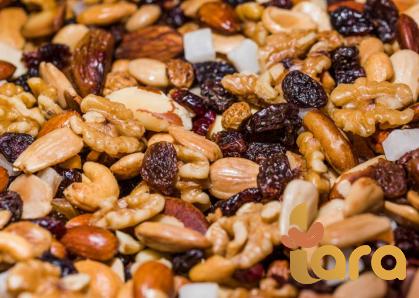
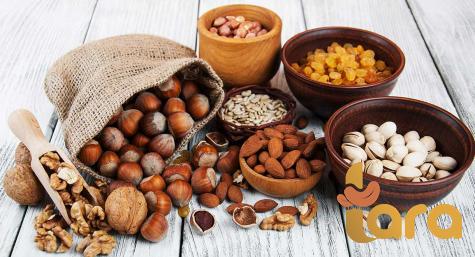
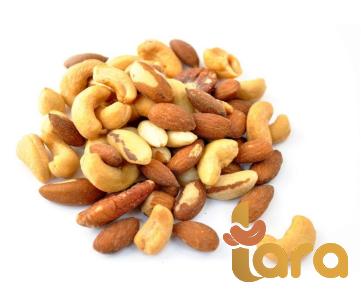
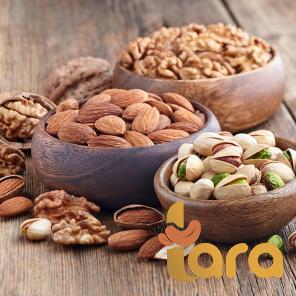
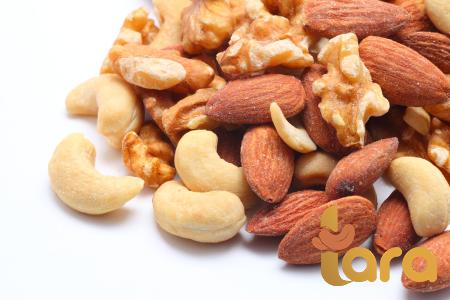
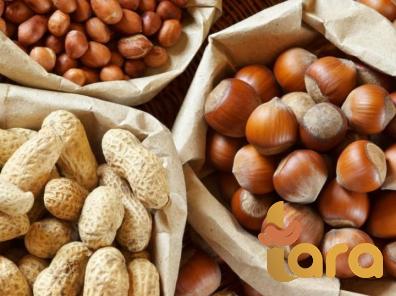
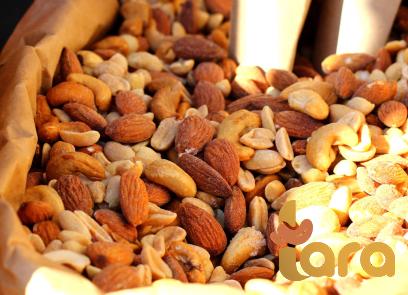
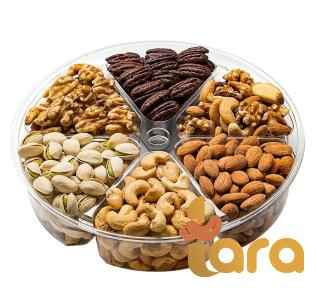
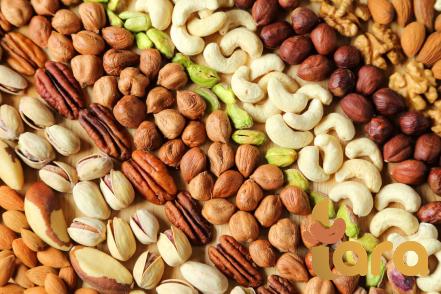
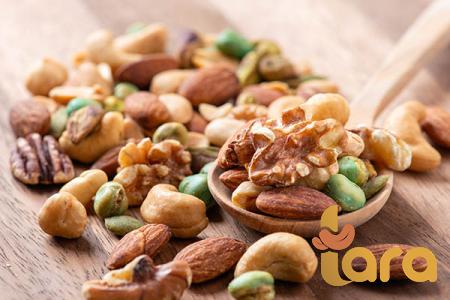
Your comment submitted.